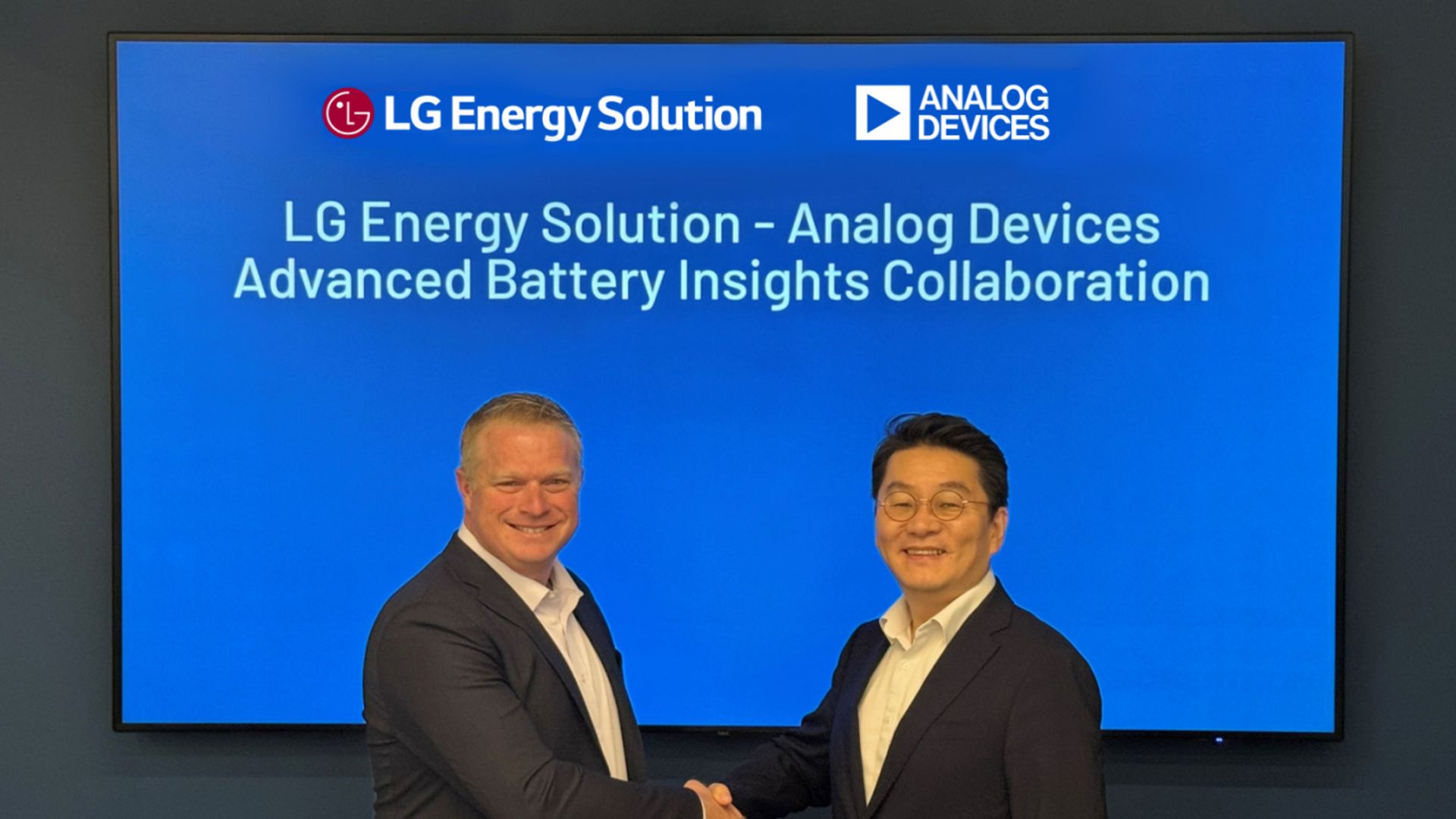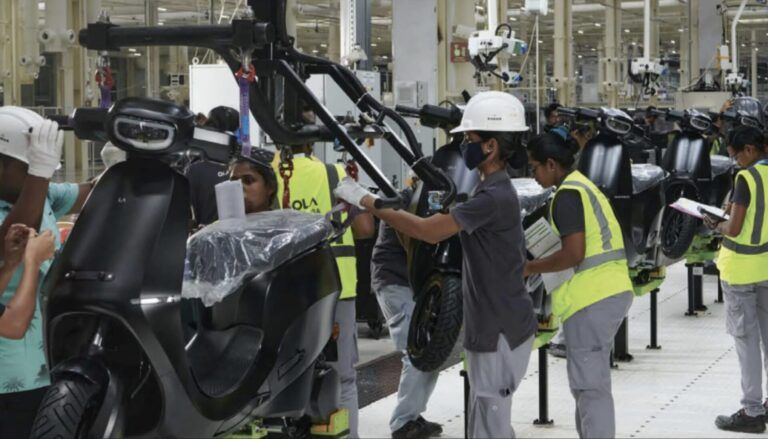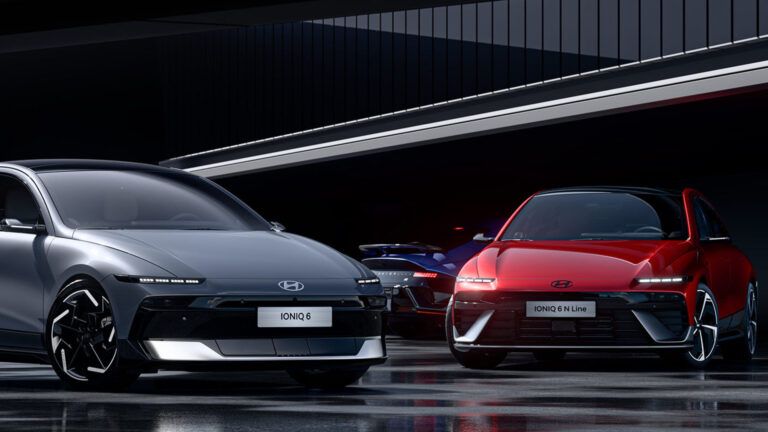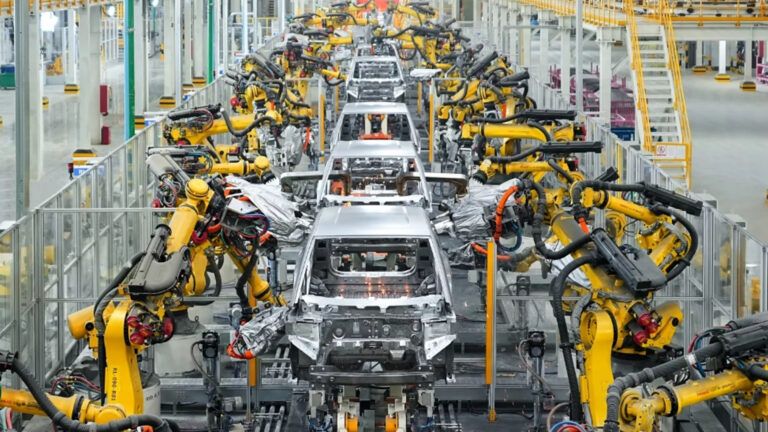LG Energy Solution (LGES), a top battery manufacturer in Korea, announced on Wednesday that it inked an initial deal with a US business to boost the competitiveness of its battery management systems for electric vehicles (EVs).
According to a statement, LGES and Analog Devices, Inc. (ADI) have inked a memorandum of understanding (MOU). Both companies will work together on developing a technology that could accurately assess the internal temperatures of EV battery cells.
The current battery management system can’t detect the precise temperature within a single battery cell in real time. That means it is essential to adjust a battery’s recommended charging temperature to a conservative value, restricting options to further increase charging speeds.
For the following two years, ADI will provide high-performance battery management integrated circuits (BMICs) for the LGES’ EV battery management system.
Roger Keen, general manager in charge of the battery management division at ADI, said:
We are enthusiastic to keep working together with LG Energy Solution to bring state-of-the-art and efficient batteries to the market and to further advance the clean energy ecosystem.
Moreover, Vice President Lee Dal-hoon of LGES stated that the company hopes to strengthen its technology capabilities and provide unique value to its clients through this relationship.
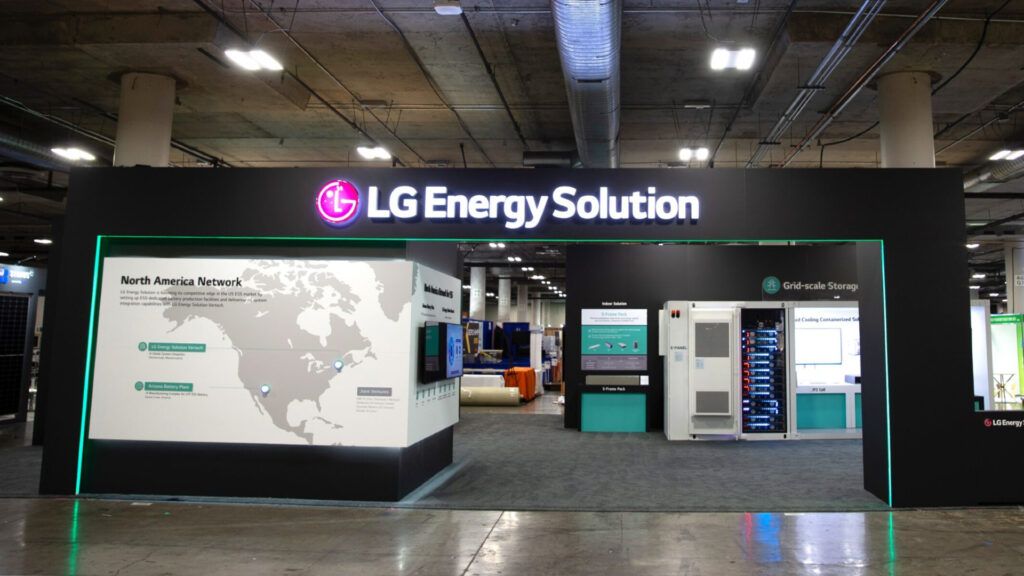
LG Energy Solution Presence in India
LG Energy Solution launched its subsidiary LG Energy Solution India in the country last year. The objective was to constantly monitor the rapidly evolving market trends and effectively address the needs of local customers.
Remarkably, the company had already established itself in the country before launching LG Energy Solution India in 2015. It first entered the market by building a solid foundation in the rapidly expanding light electric vehicle (LEV) sector.
From a mid-to-long-term growth perspective, the company viewed the Indian LEV market as a major strategic prospect. As a result, LGES is looking into ways to boost growth in the Indian market, such as gaining early market dominance and aggressively pursuing alliances with regional leaders in the EV industry.
The EV battery maker asserts that it currently holds more than 50% of the Indian electric two-wheeler (e2w) market. By selling batteries to leading e2w manufacturers, it established undisputed dominance. Furthermore, the company intends to strengthen its position in the electric three- and four-wheeler markets by capitalizing on this substantial market share.

